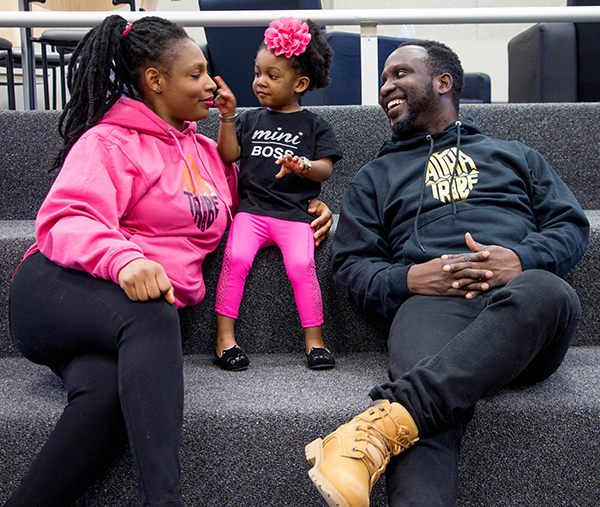By Earl Ofari Hutchinson
Contributing Columnist
One consequence of a severely reduced lifestyle for many African Americans that have marginal to no savings is the lack of adequate housing.
Unless the home is paid for, it means a struggle to pay taxes, pay for upkeep, make mortgage payments, and the countless other big and little unforeseen costs that come with home ownership. A renter is not in much better shape.
Rents almost never drop, they rise. And unless one is fortunate to live in one of the relatively few places such as the city of Los Angeles where there is rent control or rent stabilization, rents will continue to rise.
This is the second of a two-part series on ways and means to enhance financial security for African Americans through saving and prudent planning.
The figure on evictions for African Americans for non-rent payment tells yet another story of the grim effects of poverty and race. Blacks are more than twice as likely to be evicted as whites, and Black women with children are hit even harder simply because they are more likely to be poorer.
The one alternative for an African-American senior citizen is to move in with their adult children. This poses an additional financial burden on the family, not to mention other strains. However, that’s a far more palatable choice than being on the street.
Unfortunately, for many that’s exactly the grim consequence. Countless articles tell the horrific tale of African Americans who have lost their jobs, homes or apartments and are on the streets. Studies have shown that Black families were seven times more likely than white families to stay in homeless shelters, according to annual reports from the Institute for Children, Poverty and Homelessness, a nonprofit research organization.
Meanwhile, white families made up 63.7% of the country, but only filled 28.6% of the shelters. Even this is misleading. The shelters are not permanent homes, they are at best temporary way stops, with all the attendant problems of transiency. Sooner than later, families will be forced to move, but to where? And that’s the problem.
These aren’t just older Blacks adversely affected by paltry savings. In a cursory look at those who are camped out in tents, on park and bus stop benches and encampments on big city streets, one sees a gamut of men and women of all ages living in open urban spaces.
In more than a few cases, entire Black families are on the streets in those encampments. Forget the stereotypes about the homeless, namely a man suffering from drug and alcohol addiction, and with little education.
Many of these people have degrees, worked in businesses and professions, and at one time made good incomes. The problem in almost every case is that few of them had any savings reserves to prevent their sinking to the streets when hard times hit.
Another consequence of the lack of savings and investments is a problem that thousands of older African Americans increasingly face. That is the necessity to keep working, and in some cases take a second job.
This choice is driven not just by the high cost of living, but by the lack of savings to offset the high costs. Even another income source is no guarantee that a cash strapped worker will markedly improve their current living situation. Stagnant wages combined with high living costs put one on the proverbial treadmill; you run faster to stay in one place.
This forces many individuals to make drastic adjustments in their lifestyles, or what is more popularly called downsizing. It could be driving a smaller, less expensive car, driving less, going out less for entertainment or dining.
If there is a house, then selling it and moving into a smaller, less expensive apartment, or condo, or even moving to a state where living expenses are less may be an option. The severing of friend and family relationships in a move to another locale to cut costs and save, though, poses added adjustment problems.
Now, care must be taken to ensure there are adequate medical facilities there, and other amenities. It amounts to almost starting a life over again.
If you’re young and single, the adjustment is easier. For older African Americans, it’s a far different story. But young or old, without savings, the adjustment or downsizing will be painful.
Nevertheless, whatever means one chooses to fill their savings jar can only be a financial plus. Now, how to do it?
The answer again is to have a viable savings plan, devise a budget and then pyramid discretionary dollars regularly into a savings account every pay period. When savings and investing replaces spending as a priority, it becomes a programmed habit that is done without thinking first about making a purchase.
In times of high inflation, uncertainty about job growth, and high rent and home costs, prioritizing savings and investing becomes even more of a necessity.
That time for African Americans is not only here, but during all their existence in America that time has always been there.
Earl Ofari Hutchinson is an author and political analyst. His latest book is “President Trump —Again?” (Amazon). He also is the host of the weekly Hutchinson Report on KPFK 90.7 FM Los Angeles and the Pacifica Network.












